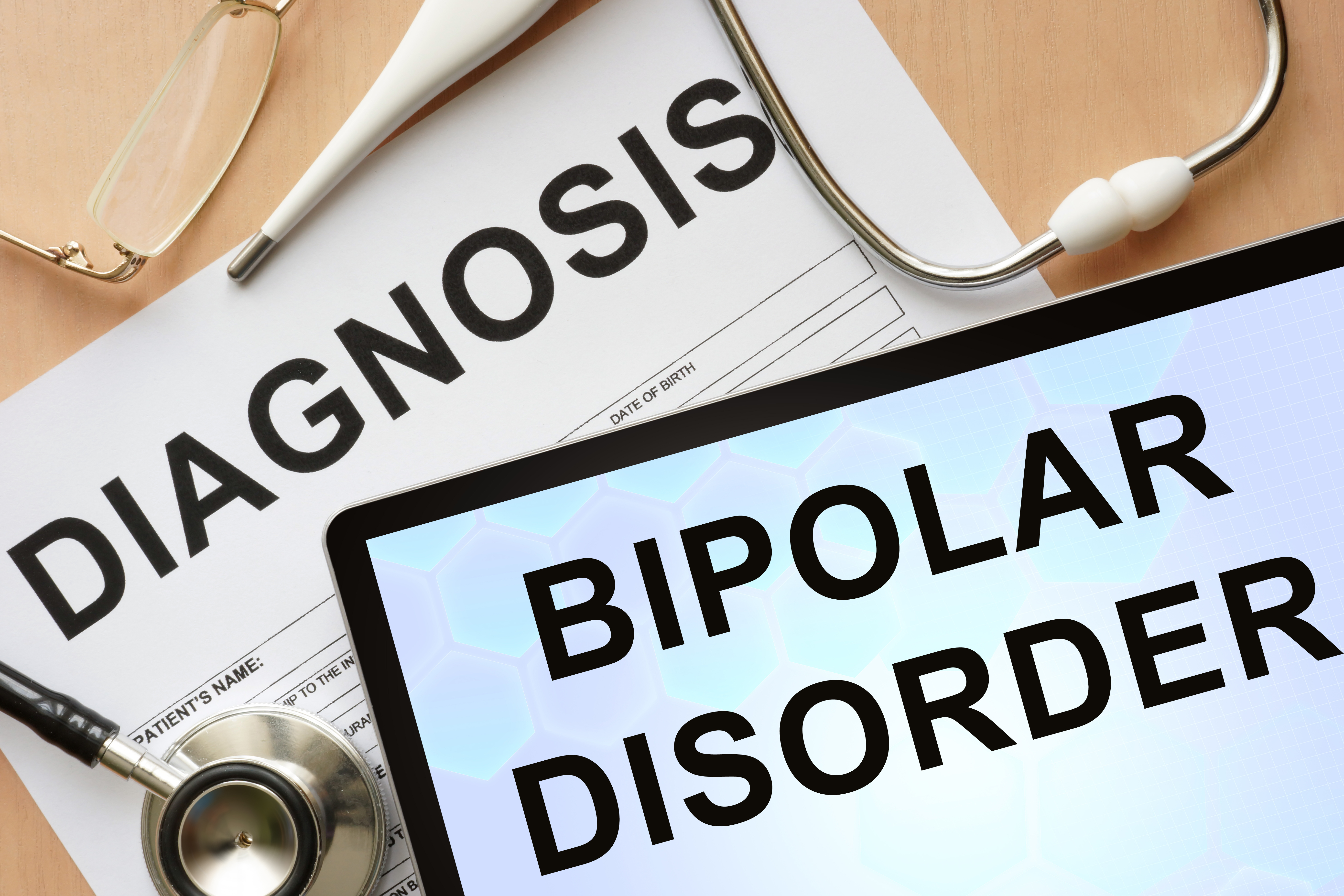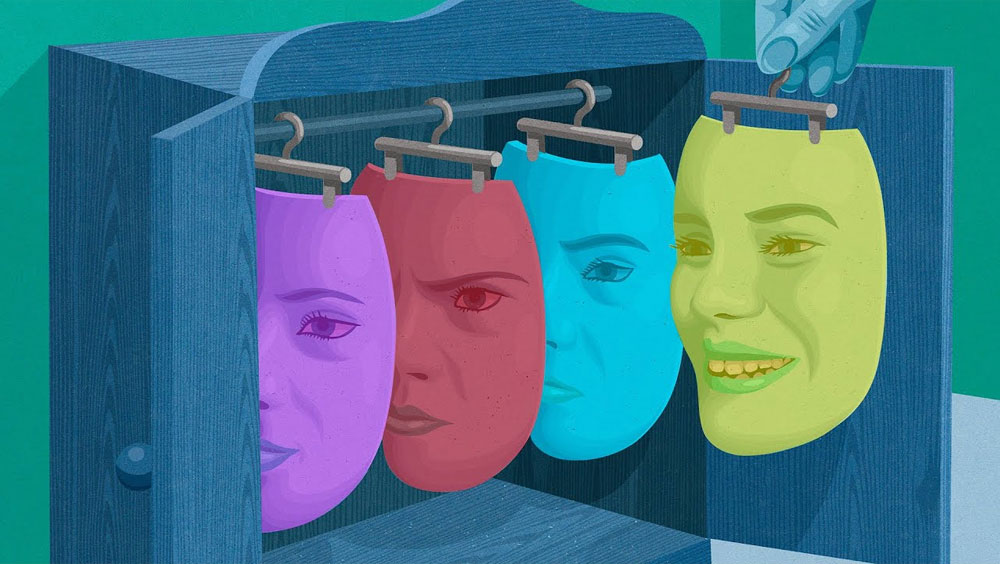Bipolar disorder is a multifaceted mental health condition that necessitates a thorough and individualized approach to treatment. Crafting an effective treatment plan demands an appreciation of the distinct needs of each person, while skillfully weaving together a range of therapeutic strategies. This article explores the essential elements of constructing a well-rounded bipolar care plan. It focuses on overcoming hurdles such as treatment-resistant bipolar disorder and considers the crucial function of inpatient treatment as part of a comprehensive approach. Through this exploration, we aim to provide insights that enhance the efficacy of treatment plans and ultimately improve patient outcomes.
Understanding Bipolar Disorder

Bipolar disorder's complexity stems from its multifaceted symptoms, which can often perplex both those experiencing it and their support networks. The depressive episodes may manifest as overwhelming feelings of hopelessness, fatigue, and disinterest in previously enjoyed activities. In contrast, manic episodes might be marked by heightened energy, euphoria, or irritability, leading individuals to make impulsive decisions that can have lasting consequences. Recognizing early warning signs plays a crucial role in mitigating the cycle of episodes. Additionally, understanding that bipolar disorder exists on a spectrum—with Bipolar I and Bipolar II being the most commonly known variants—enables healthcare professionals to tailor treatments more precisely. Integrating strategies like psychoeducation, medication, and therapy options, such as cognitive-behavioral therapy, can significantly enhance a person’s ability to manage their condition. As societal awareness grows, so does the potential for reducing stigma, encouraging individuals to seek help without fear, thus fostering a more supportive environment for those navigating the challenges of bipolar disorder..
Initial Assessment And Diagnosis

A thorough initial assessment of bipolar disorder lays the groundwork for effective and personalized treatment. This process starts with a detailed clinical evaluation, comprising an array of psychological assessments that delve into the individual's cognitive and emotional functioning. A careful review of the medical history is essential, as it reveals patterns and potential triggers that might influence the disorder's trajectory. Equally important is gathering input from family members or caregivers, who can offer valuable insights into the individual's behavior and mood fluctuations in various contexts. Distinguishing bipolar disorder from other mental health conditions with similar symptoms, such as depression or borderline personality disorder, requires a comprehensive diagnostic approach. This clarity is crucial, as it informs the creation of a personalized care plan designed to address the unique challenges and strengths of the individual. Tailoring the treatment approach helps enhance the effectiveness of therapeutic interventions, medication management, and lifestyle adjustments, ultimately supporting the individual's journey towards stability and well-being..
Developing A Bipolar Care Plan

Creating a tailored bipolar care plan involves the integration of medication, psychotherapy, lifestyle changes, and support systems. Medications such as mood stabilizers and antipsychotics are commonly prescribed to manage symptoms. Meanwhile, psychotherapy approaches like cognitive-behavioral therapy (CBT) can help individuals develop coping strategies. A successful care plan considers these elements in correlation with each patient's unique circumstances. Equally important is the emphasis on lifestyle changes, which may include establishing routines, regular physical activity, and a balanced diet, all of which contribute significantly to mood regulation. Support systems, comprising family, friends, and support groups, play a pivotal role in providing the necessary emotional backing and practical assistance. By addressing these multifaceted components, a personalized care plan not only aims to stabilize mood swings but also empowers individuals to achieve a higher quality of life and sustained well-being. Through regular monitoring and adjustments, healthcare providers ensure that the plan evolves with the patient's changing needs, fostering resilience and promoting long-term recovery..
Addressing Treatment Resistant Bipolar Disorder

Moreover, integrating a multifaceted approach that includes psychotherapy and lifestyle modifications can enhance outcomes for those with treatment-resistant bipolar disorder. Cognitive-behavioral therapy (CBT) and dialectical behavior therapy (DBT) can be particularly effective in addressing underlying cognitive and emotional patterns. Additionally, incorporating lifestyle changes such as improved sleep hygiene, regular physical activity, and nutritional modifications can bolster mental health resilience. Collaborative care involving psychiatrists, psychologists, and specialized nurses ensures a comprehensive treatment plan tailored to the individual's needs. Continuous research into innovative therapies, such as neuromodulation techniques and personalized medicine, holds promise for offering new hope to individuals struggling with this complex and challenging condition..
The Role Of Inpatient Treatment For Bipolar Disorder

Inpatient treatment also allows for comprehensive assessment and monitoring by a multidisciplinary team, including psychiatrists, psychologists, and nurses, who work collaboratively to tailor interventions to the individual's specific needs. The structured setting of inpatient care helps in minimizing external stressors and triggers that might exacerbate the condition, thereby fostering a focus on recovery. Moreover, patients have access to various therapies, such as cognitive-behavioral therapy (CBT) and medication management, aimed at mood stabilization and coping skill development. Family involvement might also be integrated into the treatment plan, aiding in the understanding and support of ongoing care post-discharge. Ultimately, inpatient treatment serves as a crucial step in managing bipolar disorder, providing a foundation for long-term stability and preventing future relapses..
Incorporating Lifestyle Modifications

Lifestyle modifications play an integral role in managing bipolar disorder effectively. Regular exercise, proper sleep hygiene, and a balanced diet are critical components of a holistic treatment approach. Stress management techniques such as mindfulness and yoga can also contribute to stabilizing mood fluctuations. Incorporating these habits into a bipolar care plan augments other therapeutic strategies. Beyond these fundamental practices, fostering strong social connections and support networks can provide additional emotional stability and encouragement. Engaging in activities that promote relaxation and enjoyment, such as hobbies or creative pursuits, might offer both an outlet and a sense of purpose. Additionally, monitoring and identifying personal triggers enables individuals to implement preventive measures, thus reducing the likelihood of manic or depressive episodes. Collaborating closely with healthcare professionals to tailor a personal and comprehensive wellness plan, which may include medication and psychotherapy, ensures a more rounded approach to managing bipolar disorder. These lifestyle adjustments, combined with professional guidance, empower individuals to lead more balanced and fulfilling lives..
Building A Supportive Network

Furthermore, consistent support can drastically improve the quality of life for those living with bipolar disorder. Family members and friends who educate themselves about the disorder and remain patient during mood fluctuations can foster a nurturing environment conducive to healing. By attending therapy sessions and participating in open discussions about emotions and experiences, they can help reduce the stigma often associated with mental health conditions. Peer support groups offer a unique sense of belonging, where individuals can freely express themselves without judgment and exchange valuable insights on managing daily challenges. This collective empowerment not only aids in maintaining stability but also encourages a proactive approach to mental well-being, underscoring the importance of community in recovery journeys..
Monitoring And Adapting The Treatment Plan

In addition to regular check-ins, establishing a strong support network is crucial for individuals managing bipolar disorder. This network can include family members, friends, support groups, and mental health professionals who can provide encouragement and assistance. Engaging in open and honest conversations within this network can help patients articulate their experiences and challenges, fostering a collaborative approach to treatment. Moreover, incorporating lifestyle modifications such as maintaining a balanced diet, regular exercise, adequate sleep, and stress management techniques can further enhance stability and well-being. By integrating these elements, patients are better equipped to navigate the complexities of bipolar disorder, ultimately improving their quality of life and reducing the risk of severe mood episodes..
In conclusion, managing bipolar disorder requires a comprehensive and individualized approach that simultaneously tackles the short-term challenges and promotes long-term stability. Incorporating specialized interventions, when needed, like inpatient care, ensures a holistic treatment framework that addresses the diverse facets of the disorder. By embracing a tailored strategy that combines medication, therapy, lifestyle adjustments, and support networks, individuals with bipolar disorder can enhance their well-being and quality of life. Through ongoing commitment and careful management, those affected by bipolar disorder can navigate their journey with resilience and optimism, paving the way for sustained mental health and personal fulfillment.


